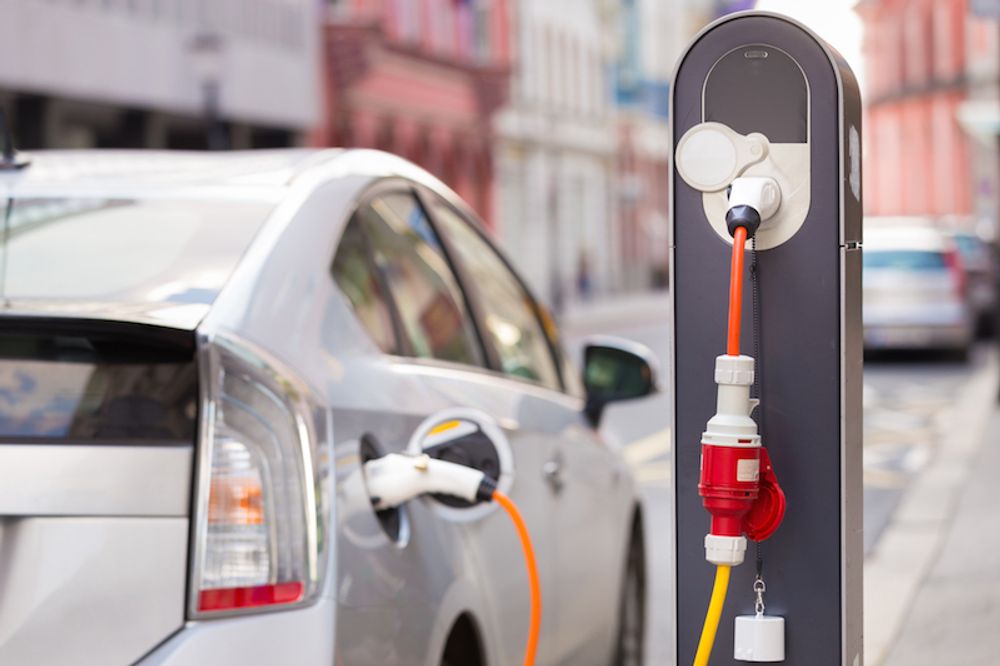Electric cars have been trying to make their way into the mainstream for decades – but only lately has the technology really emerged to make owning an electric car an affordable reality. But electric cars aren’t just about plugging in your wheels overnight then racing around town without a care in the world, happy in the knowledge that you’re not leaving a trail of pollution behind you – or running up a gas bill equivalent to that of your monthly mortgage payment. There are drawbacks as well as benefits of owning an electric car. Let’s take a look at a few of the pros and cons.
The Pros of Owning an Electric Car
- Electric cars are the only true “zero emissions” vehicles available. Hybrids are great at reducing the amount of money you spend on gas, but when they’re in motion they’re spitting out almost as many emissions as traditional gas powered cars. If you’re the type who’s truly committed to reducing your carbon footprint, owning an electric car should be at the top of your list of priorities.
- No gas to buy, ever. As we mentioned above, hybrid cars are exactly that – hybrids that rely on a combination of charge and gas to move. For this reason you’ll still find yourself filling your tank with gas, albeit less frequently. With an electric car, you don’t ever have to worry about the high cost of gas again.
- Electric vehicles offer a smooth, silent driving experience. Not everyone loves the sound of a purring engine. Some people out there would much rather hear the music being piped in through their car stereo that much more clearly, and an electric car is certainly equipped to provide that experience.
- When you buy an electric vehicle, you become immediately eligible for both federal and state tax incentives that can be substantial enough to put a big dent in your auto loan. State tax incentives vary depending on your location, but are certainly worth looking into if you enjoy receiving rewards for going eco-friendly.
The Cons of Owning an Electric Car
- You can’t get as far in an electric car as you can in a gas powered or hybrid vehicle. If you’re thinking about taking a road trip, you might want to explore your options. Rent a hybrid or forget the road and just hop on a bus or train. Between charges, electric cars typically get less than 100 miles at freeway speeds. You can go a bit further if you don’t drive too fast, but that’s not exactly conducive to hitting the open road. Overall, electric cars as they exist today are much better equipped to handle short, around town distances.
- Even today, there aren’t very many charging stations available in public. For this reason, you might find that your driving will have to be limited just to what you can get done on a round trip. As electric cars continue to make their way into the mainstream you can expect to see an increase in charging stations, but in the beginning you can expect their numbers to be few and far between, requiring you to map out your destinations to ensure you’ll have enough juice to get you back home.
- Charging for electric cars can be very slow, taking as many as 12 hours to achieve a full charge. This can be particularly frustrating, as they’re not conducive to just hopping in and taking a spin as you need to. You might even find yourself having to rely on a second hybrid or gas powered car as a stand-by in case of emergencies, something that may or may not fit into your household budget. Home chargers are also expensive, and then there’s the reality of having to pay higher home electricity bills.
- Electric cars cost a lot of money to buy. Most sticker prices hover anywhere between $20,000 and $30,000 – certainly not an unheard of price, especially when compared with regular cars, but there’s no cheap option.
Electric cars are a great idea that have yet to realize their full potential. But before you sink your money into a brand new model, consider the cons as well as the pros of owning an electric car so you won’t experience any buyer’s remorse.

